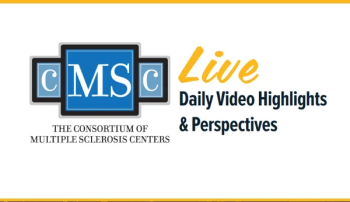
Host Jeffrey Wilken, PhD, chats with Riley Bove, MD, about the third day of the 2025 CMSC Annual Meeting in Phoenix, Arizona.

Host Jeffrey Wilken, PhD, chats with Riley Bove, MD, about the third day of the 2025 CMSC Annual Meeting in Phoenix, Arizona.
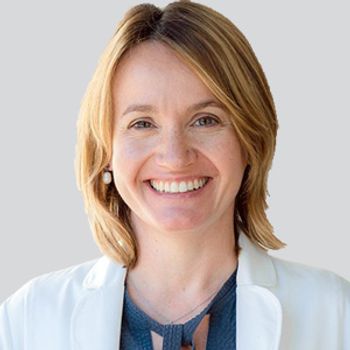
A newly presented analysis of data from the Novartis Global Safety Database and the PRIM study assessed pregnancy and infant outcomes in women with multiple sclerosis treated with ofatumumab.
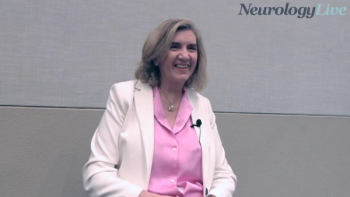
The vice chair of neurology at the Hospital Clínico San Carlos in Madrid highlighted the growing importance of detecting and managing progression in multiple sclerosis, particularly PIRA. [WATCH TIME: 6 minutes]
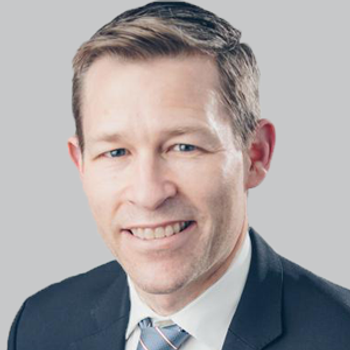
A study reveals long-term fumarate therapy significantly reduces infection-related healthcare utilization in multiple sclerosis patients compared to anti-CD20 treatments.

Host Jeffrey Wilken, PhD, chats with Anthony Feinstein, MPhil, PhD, FRCP, about the second day of the 2025 CMSC Annual Meeting in Phoenix, Arizona.
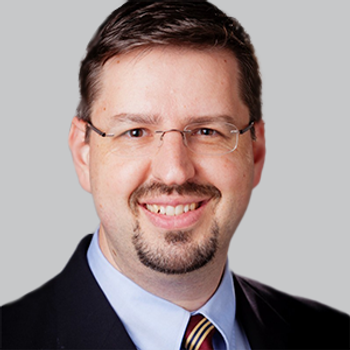
A new survey presented at CMSC 2025 highlighted the prevalence of burnout and job-related stress among neurology-based advanced practice providers and clinical pharmacists in the United States.
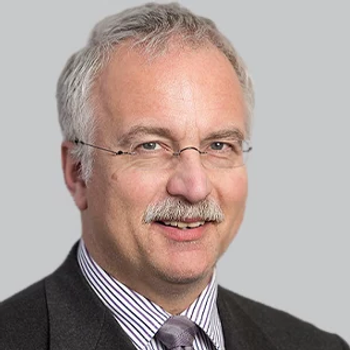
New findings reveal ozanimod shows no significant rebound effect in relapsing MS patients after treatment discontinuation, ensuring safer transitions.

Research highlights the benefits of natalizumab during pregnancy for women with multiple sclerosis, showing reduced disease activity and improved outcomes.

The ongoing PERSEUS trial explores tolebrutinib's potential as a treatment for primary progressive multiple sclerosis, with results anticipated soon.
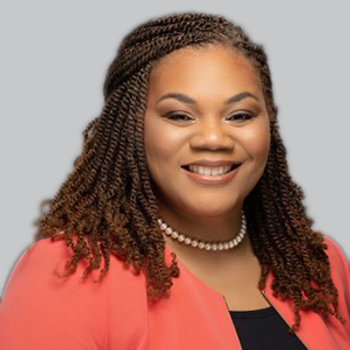
New findings reveal ocrelizumab significantly improves symptoms, cognition, and fatigue in Black and Hispanic patients with relapsing multiple sclerosis.

The vice president and franchise lead of Autoimmune at Hansa Biopharma shed insights on imlifidase’s targeted mechanism and promising phase 2 data in treating Guillain-Barré syndrome.
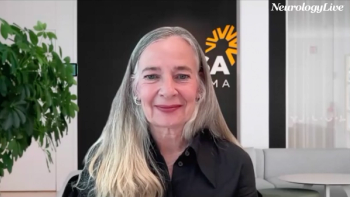
The vice president and franchise lead of Autoimmune at Hansa Biopharma provided clinical insights on latest phase 2 safety and efficacy data on imlifidase, an IgG-cleaving antibody, in Guillain-Barré syndrome. [WATCH TIME: 3 minutes]
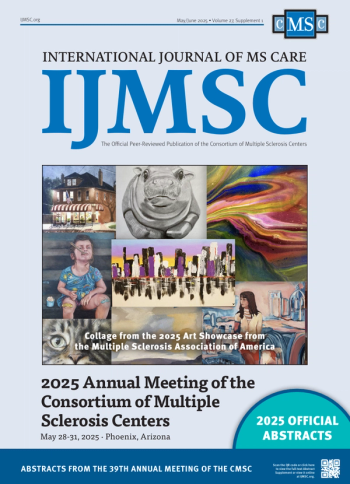
The 39th CMSC Annual Meeting is set to be held May 28-31, 2025, in Phoenix, Arizona. The International Journal of MS Care has published the abstracts.
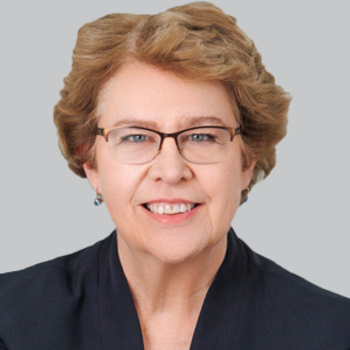
Nuvig's NVG-2089 shows promise in CIDP treatment, offering a safer, more efficient alternative to IVIg with a patient-friendly trial design.
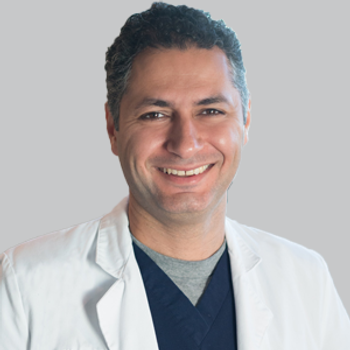
Investigators explore a phase 4 trial transitioning CIDP patients from IVIg to efgartigimod, aiming to enhance treatment safety and efficacy.
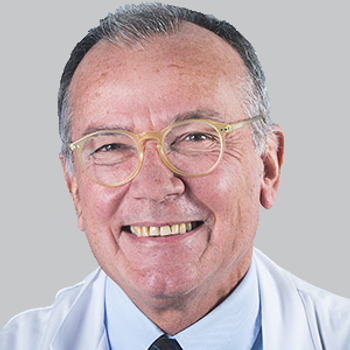
A recent study suggests rituximab may benefit CIDP patients, showing improvement in neurofilament levels and clinical outcomes after treatment.
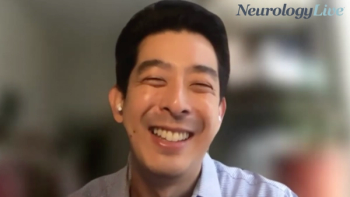
The assistant professor of neurology at Robert Wood Johnson Medical School talked about a collaborative initiative that aims to address AD disparities in Asian and Pacific Islander American populations. [WATCH TIME: 3 minutes]
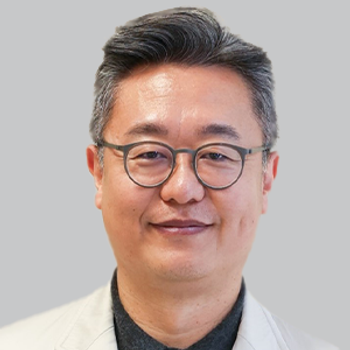
Researchers reported that both EN001 and insulin improved muscle strength and nerve function in models of Charcot-Marie-Tooth disease type 1A, with combined treatment showing enhanced effects.
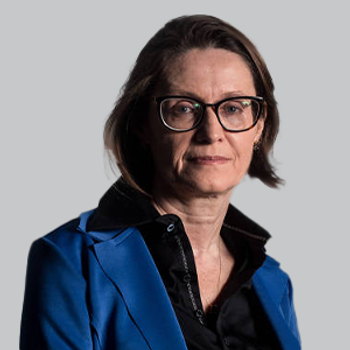
Newly presented findings from the NEURO-TTRansform study identified thresholds for meaningful improvement in symptoms and disability, which were exceeded by eplontersen treatment.
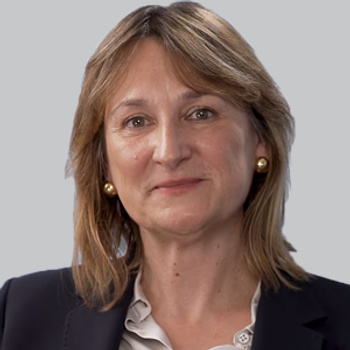
New findings confirm vutrisiran's long-term safety and efficacy in treating hereditary transthyretin amyloidosis, enhancing patient quality of life.

The vice president and franchise lead of Autoimmune at Hansa Biopharma discussed the rapid, antibody-cleaving mechanism of imlifidase and its potential to address unmet needs in Guillain-Barré syndrome. [WATCH TIME: 3 minutes]
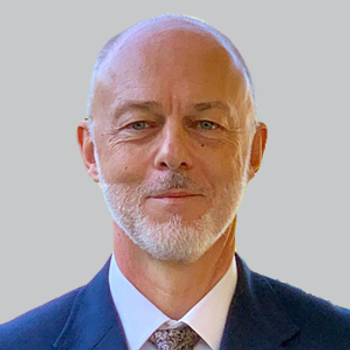
Gene therapy arsa-cel significantly improves nerve function in children with late-infantile metachromatic leukodystrophy, outperforming traditional treatments.
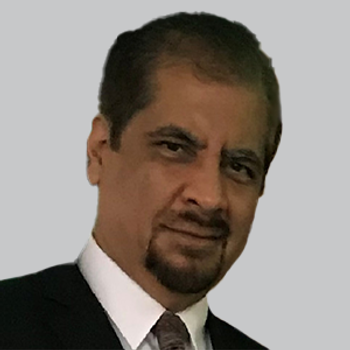
A recent matched cohort analysis revealed that patients with CIDP treated with immunoglobulin had lower rates of assistive device deterioration and opioid use compared with those untreated.
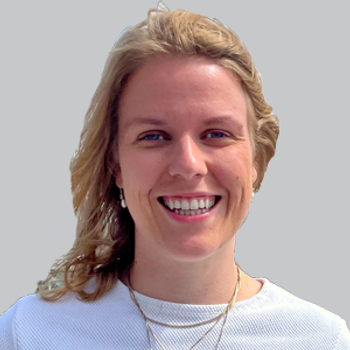
Matched analysis from the IGOS dataset showed ANX005-treated patients had greater improvements in GBS disability scores over time compared with those receiving IVIg or plasma exchange.
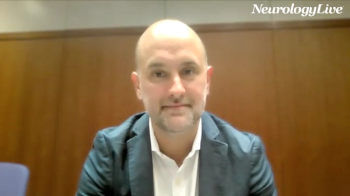
The neurologist at the Hospital de la Santa Creu, in Barcelona, Spain, outlined the goals and significance of the VITALIZE and MOBILIZE phase 3 trials evaluating riliprubart in standard-of-care and treatment-refractory CIDP populations. [WATCH TIME: 3 minutes]

The assistant professor of neurology at Robert Wood Johnson Medical School discussed the mission of RCASIA, highlights from its annual retreat, and key takeaways from AAN 2025.
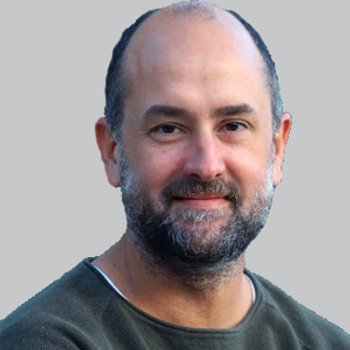
Subgroup data from a phase 2 CIDP trial showed riliprubart maintained consistent efficacy and safety across patient demographics, disease characteristics, and prior treatment exposures.

A newly presented study showed that patients with sarcopenia before starting chemotherapy had a greater likelihood of developing moderate to severe peripheral neurotoxicity.

The neurologist at the Hospital de la Santa Creu, in Barcelona, Spain, provided clinical context on sustained responses and new biomarker findings from exploratory phase 2 data on riliprubart in CIDP. [WATCH TIME: 4 minutes]
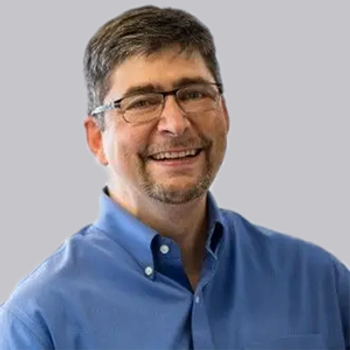
Eplontersen showed promise in halting disability progression and improving gait speed in patients with hereditary amyloid polyneuropathy, according to recent study findings.